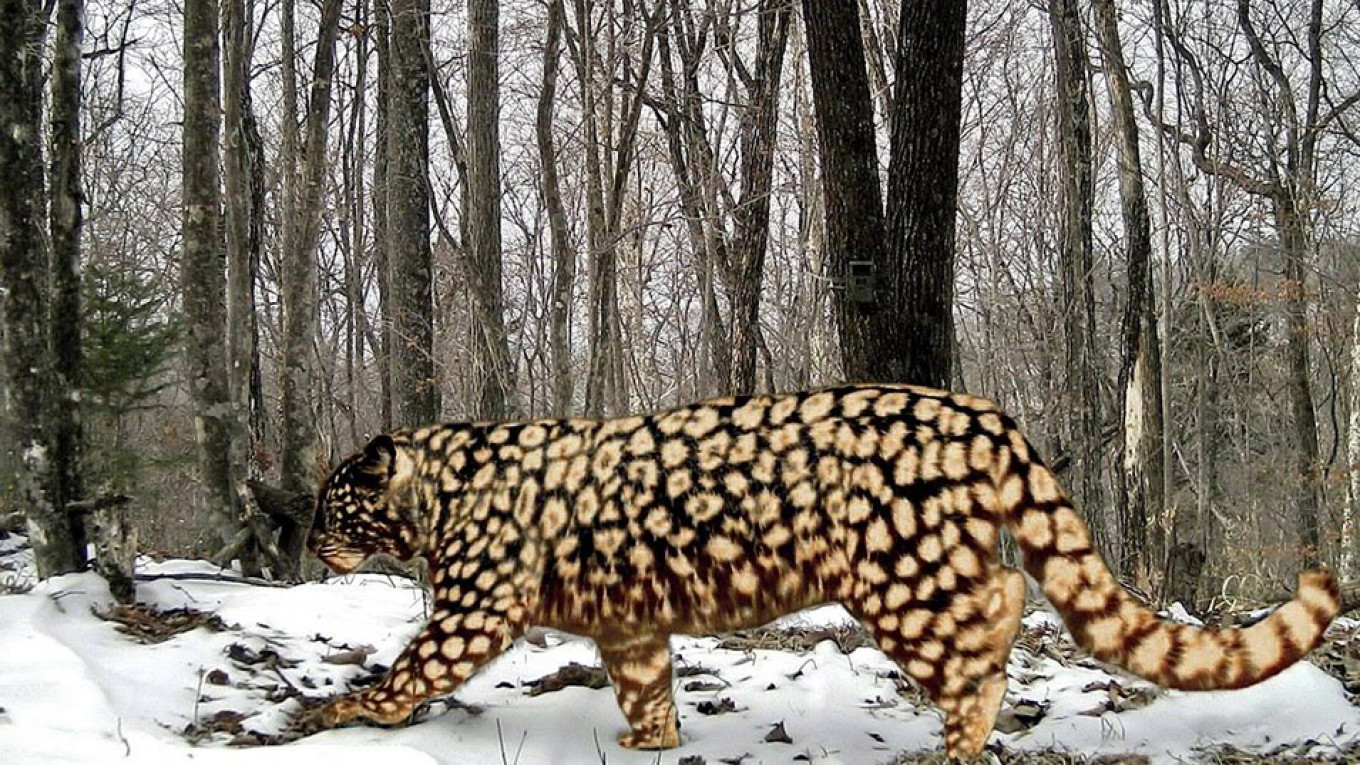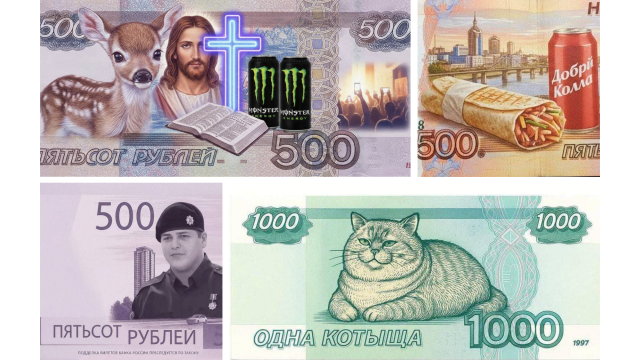Amur Leopard Photoshop
Russian social media was abuzz this April 1 when 'Leopard Land' national park published a post on Facebook claiming its staff had spotted an Amur Leopard with an inverted coat pattern: black with yellow spots.
"Publications about this mutation in Amur Leopards had not yet appeared in scientific literature when scientists discovered this surprise," the national park wrote.
Russia reclaims Alaska
In 2016, the Gazeta.ru news website reported that a group of international lawyers with ties to the Russian government were trying to find legal irregularities in the United States' 1867 purchase of Alaska in order to reclaim Alaska as Russian land. The prank quickly spread across Russian social media.
Dial 'three' for elections interference information
Two years ago, Russia's Foreign Ministry made a Facebook post with a fake voicemail for Russian diplomatic missions. It offered callers a few different services, including ordering "a call from a Russian diplomat to your political competitors" or using "Russian hacking services."
"Dial 'three' for elections interference information," the voicemail recommended.
Not going anywhere
In 2014, Pavel Durov, the founder of Russia's Vkontakte (VK) social media network, faked his resignation after the company had been planning to elect a new CEO. VK's board of directors had been scheduled to convene on April 1 to elect a new CEO. But Durov, who announced his resignation that day in a farewell letter published on his personal VK page, said the move had been a prank.
"To those who thought I was actually resigning, happy April Fool's," Durov said in the post alongside a picture of a smiling dog.
Buzz off
The same year as Durov's fake resignation, Yandex, Russia’s most popular search engine, greeted users with a realistic-looking fly that scurried around their computer screens as they tried to use the site.
Hot wheels
In 2014, The Moscow Times published a story claiming that then-President Dmitry Medvedev was to arrive in London for the G20 summit in a specially designed ZiL limousine that a Kremlin official said dwarfed U.S. President Barack Obama's $300,000 armor-plated limousine.

No day off
Radio Russia in 2001 reported that the Russian parliament was considering a proposal to declare April 1 a public holiday.
"Telephone jokes, absurd tasks for managers, warnings that the power, light or heat is to be cut off and other practical jokes are much more extravagant then than on other days. As a result, expert analysis shows, industrial efficiency in Russia falls," the report explained. By declaring the day a national holiday, efficiency would be maintained.
Alcoholic snacks
News about alcoholic snack bars appeared in the state-run TASS news agency in 1994, Govorit Moskva reported. TASS reported that one of Russia's alcohol-producing companies was planning to make alcoholic chocolate bars. They were expected to compete with Mars and Snickers and to have three flavors – lemon, coconut and pickled gherkin.
A Message from The Moscow Times:
Dear readers,
We are facing unprecedented challenges. Russia's Prosecutor General's Office has designated The Moscow Times as an "undesirable" organization, criminalizing our work and putting our staff at risk of prosecution. This follows our earlier unjust labeling as a "foreign agent."
These actions are direct attempts to silence independent journalism in Russia. The authorities claim our work "discredits the decisions of the Russian leadership." We see things differently: we strive to provide accurate, unbiased reporting on Russia.
We, the journalists of The Moscow Times, refuse to be silenced. But to continue our work, we need your help.
Your support, no matter how small, makes a world of difference. If you can, please support us monthly starting from just $2. It's quick to set up, and every contribution makes a significant impact.
By supporting The Moscow Times, you're defending open, independent journalism in the face of repression. Thank you for standing with us.
Remind me later.






